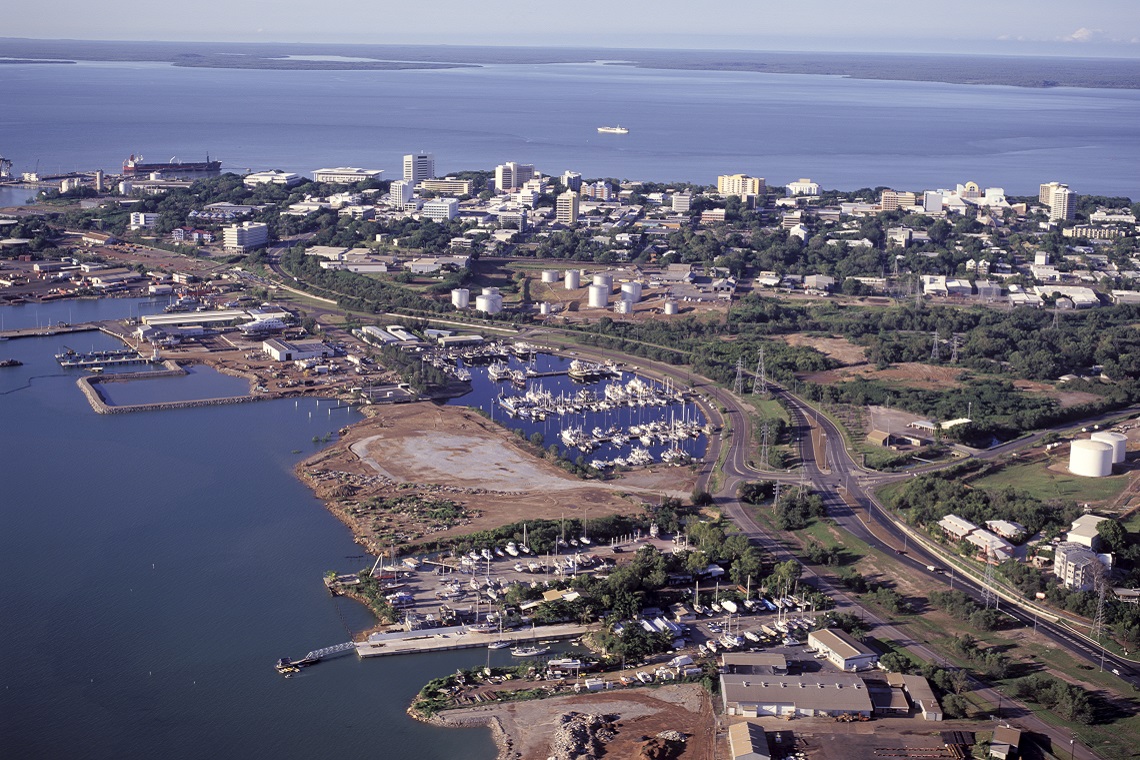The Riley Review, which looked into alcohol legislation and issues in the Northern Territory has published its Final Report and has made a number of recommendations.
The report has made 220 recommendations, with the Gunner Government saying that it will accept in principle, nearly all of these.
The recommendations include shifting away from floor-size restrictions for liquor outlets and repealing the 400-square metre restrictions which effectively banned Dan Murphy’s from the Territory. Additionally the review calls for the introduction of a floor price, or volumetric tax, on alcohol products to reduce the availability of cheap alcohol, reinstating an independent Liquor Commission and an immediate moratorium on takeaway liquor licences.
Speaking about the 400-square metre restriction, Chief Minister Michael Gunner, welcomed the change and admitted he got it wrong in introducing the ban.
“I got that one wrong going into the election and it has been good to see that Trevor has come forward with this report with a much more considered, better way of dealing with density and sales of take-away outlets,” Gunner said.
Alcohol Beverages Australia (ABA) has criticised the report saying that the recommendations have already been proven as failures that punish responsible drinkers and do not work to drive down alcohol misuse.
ABA Executive Director Fergus Taylor said: “Banning discounts, raising the prices Territorians pay for their drinks and reducing their choice of where they can buy them is not the answer to the problems of alcohol misuse in the NT. A minimum unit price of $1.50 could add up to $6 to a regular case of beer and mean more than 550 popular wines sold across the NT will go up overnight if the government accepts this proposal.
“Minimum pricing ideas have been historically based on the now-disproven assumption that heavy drinkers will reduce consumption if prices rise. Australian and international evidence shows minimum pricing policies have failed, because those who misuse alcohol don’t just stop when the price goes up, and will often pay whatever it costs to keep drinking.
“Police media reports have quoted examples of remote community members paying up to $150 for bottles of bootlegger alcohol to get around bans, and these sales are not subject to any of the safeguards and controls that come with licensed operators.
“Calls for bans on advertising disregard the fact that ads are about brand choices and market share. They ignore the stringent regulation of the ABAC scheme that already successfully governs alcohol advertising content and placement to ensure it doesn’t contribute to alcohol harms, and also the latest government data from the Australian Institute of Health and Welfare, which shows significant, decade-long positive trends in relation to alcohol consumption during a period of increased advertising.”
Taylor added: “The Northern Territory Government is rightly determined to address anti-social behaviour and alcohol misuse, and there are multiple alternative options to these recommendations with strong public and industry support that can make a real difference.
“These include stronger penalties for anti-social and violent offenders, enforcing bail laws, diversifying night time entertainment options, more police on the streets and community-targeted, education-based intervention like Red Dust Role Models.
“It is vital for the Government to consider these, and the credible evidence upon which they are based before finalising its response to the Review, because complex societal issues cannot be solved simply by raising prices and reducing choices.
“While industry doesn’t welcome population-wide measures recommended by the Review, it does recognise tangible and targeted measures that will make a difference, like early childhood education and remote workforce development programs, and we urge the Government to adopt these credible solutions as a step towards healthier, stronger and safer NT communities.”
The Riley Review’s Final Report is available from the NT Alcohol Review website.

